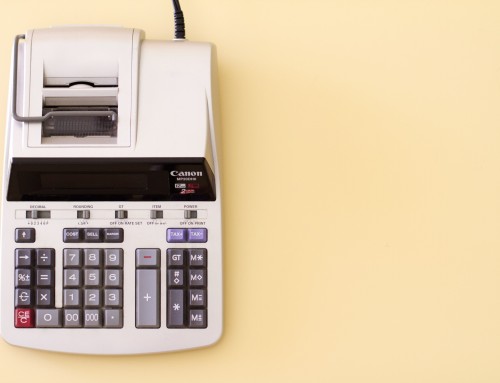 Managing a household is a big, tough job even in the best of times. When you factor in a personal crisis such as a personal injury that causes you to miss work the stress becomes enormous. We all know what bills have to be paid and approximately what that takes but actually following a budget is something few of us actually adhere to. The “B” word or “Budget” is downright scary when money gets tight. There are some things we can do to make the budgeting process actually work and help to keep things running smoothly.
Managing a household is a big, tough job even in the best of times. When you factor in a personal crisis such as a personal injury that causes you to miss work the stress becomes enormous. We all know what bills have to be paid and approximately what that takes but actually following a budget is something few of us actually adhere to. The “B” word or “Budget” is downright scary when money gets tight. There are some things we can do to make the budgeting process actually work and help to keep things running smoothly.
There is no better time than now to review your actual spending habits and organize them on paper to get an idea of where to begin. The important thing to remember is that you need to be honest with yourself about your needs VS your wants. Also, be realistic about what you can actually do to help cut back on spending without denying yourself and your family of things that make life enjoyable. Eliminating expenses that bring you relief or enjoyment can actually cause you to overspend compensating for that in the end.
After you have listed your expenses for the month, organize them into priority categories. You can see which bills and expenses are absolutely necessary such as the mortgage/rent , car insurance etc., and which ones are extra’s such as dinner out, going to a movie. Remember to include all debt as a priority because late fees and interest can turn a small debt into a big debt! Here are some money saving tips to consider once you have outlined your budget.
- Inform your landlord or bank of your situation. Many times payment extensions can be made or payment arrangements to assist you with your payments.
- Make a call to your credit companies to see if your interest can be reduced. Some companies have debt relief during catastrophic situations. It pays to at least make the call
- Sell some of your possessions. We all have things that we have purchased that we no longer use or were gifts that have been sitting around unused. There is surprising value in your unwanted items and every little bit helps.
- Make meal plans for the week and buy in bulk. Instead of going out for lunch or picking up your coffee from the local coffee shop make your own. It is surprising how much just coffee can increase your expenses.
- Identify the leaks in your expenses. Carrying a large data plan on your cell phone, cable TV plans with everything and vacations are some things you can review.
The thing to remember with any budget is that it is a helpful tool. There will be times when a budget seems restrictive and unattainable and that’s expected. As long as you have a guide that you check in with to review your situation, you will become more aware of how to conserve and manage your household when money is tight.








